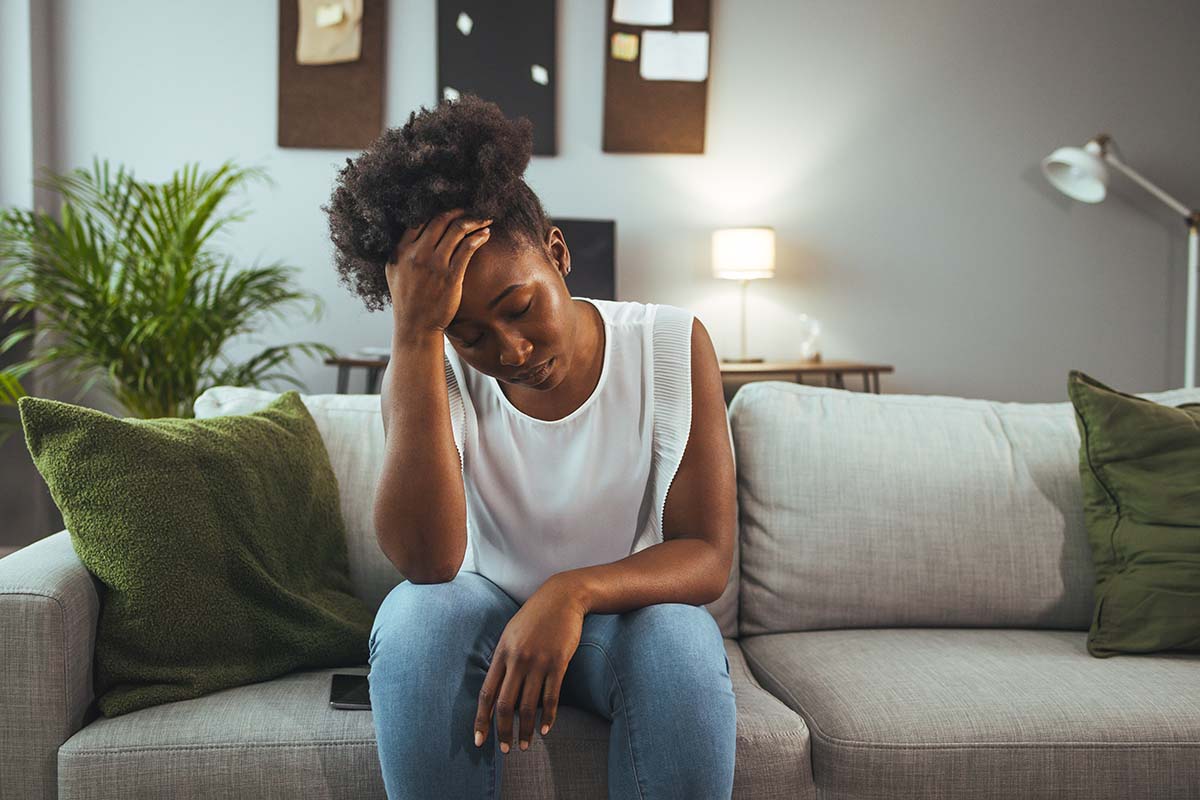Roughly one-quarter of all women in the U.S. will experience diagnosable mental health issues annually. A smaller but significant percentage of men are also affected. However, mental health problems in women are not always the same as those in men. And when they are the same, they often produce different symptoms. A mental health treatment program for women may also feature recovery options not used as often for men. For these reasons, affected women may need to rely on some key, gender-specific coping strategies.
Mental Health Topics – Be Aware of Issues More Likely to Affect Women
Compared to men, women have increased risks for a number of mental health issues. The list of those issues includes:
- Major depression
- Anxiety disorders
- Eating disorders
Women are also more likely to be affected by certain kinds of severe trauma. That includes such things as rape, sexual assault, and intimate partner violence. Exposure to traumas such as these helps explain women’s greater susceptibility to PTSD. It also helps account for some of women’s unique risks for drug and alcohol problems.
It’s important to be aware of the mental health topics and concerns most common in women. This awareness will make it easier for you to pick up on problems that may be affecting you. It also increases the odds that you will seek timely treatment for those problems.
Women & Mental Health – Look for Symptoms Not Found as Often in Men
Women and men have fairly equal chances of experiencing certain major mental illnesses. Good examples of major mental illnesses include bipolar disorders and schizophrenia-related disorders. However, in women, the symptoms of these conditions can look significantly different than they do in men.
Unfortunately, the standard methods for diagnosing mental illnesses were primarily developed by studying men, not women. As such, doctors may sometimes overlook or misinterpret a woman’s symptoms. Be alert to this possibility, and don’t ignore potential signs that fall outside of the expected norm.
Pay Attention to Women’s Mental Health Issues Not Found in Men
Women can also develop mental health issues that don’t occur in men. Examples of these issues include:
- Premenstrual dysphoric disorder
- Perinatal or postpartum depression
- Postpartum psychosis
- Depression associated with menopause
Not every woman will experience one of these problems. However, they occur often enough to be wary of their potential presence and effects.
Women & Mental Health – Enter a Women-Focused Program
Successful treatment is key to coping effectively with any diagnosable mental health issue. In treatment, you’ll get help easing the impact of the symptoms of your illness. You’ll also get advice on managing any symptoms that continue to affect you.
A woman with a mental illness may do fine in a co-ed treatment program. However, a gender-specific treatment program may better suit you and your needs. This specificity makes sense given the many relevant differences between men and women. Some women-centered programs only focus on mental health issues not related to substance use. Others also offer treatment for drug and alcohol problems. This distinction is crucially important since substance problems and other mental illnesses often occur together.
Seek Help for Women’s Mental Health Issues at Women’s Recovery
Need further advice on women’s mental health issues? The experts at Women’s Recovery are here to assist you. We’re happy to help you develop effective coping strategies.
Women’s Recovery also specializes in the combined treatment of mental illness and substance problems. Our woman-focused approach not only takes potential gender differences into account. It also factors in your specific, individual needs. To learn more about our comprehensive approach, contact us today at 833.754.0554. The same information is also available through our online message form.







